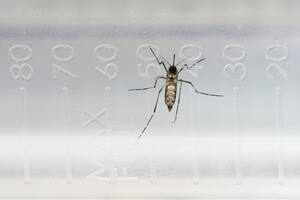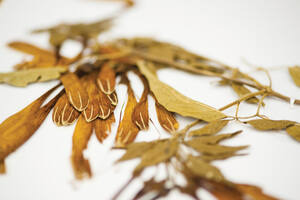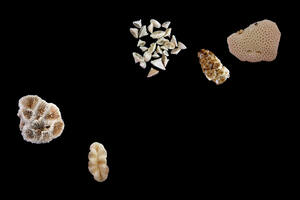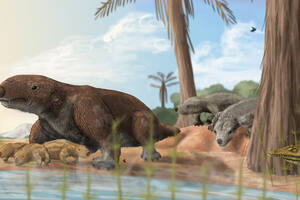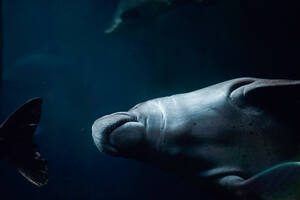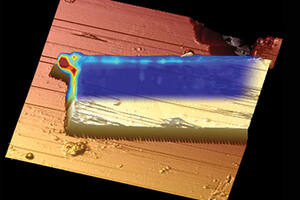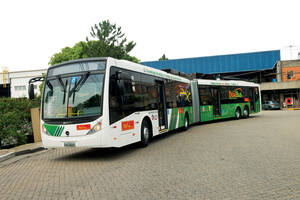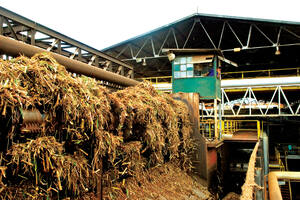International issue | July 2017
S&T Policy
DEVELOPMENT
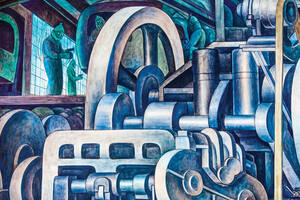
A guiding star for industry
Books discuss ways to address the deindustrialization of Brazil’s economy
By Fabrício MarquesScience
Physics

Irreversible disorder in the world of atoms
International team measures the increase in entropy in carbon nuclei for the first time
By Igor ZolnerkevicTechnology
AGRICULTURE
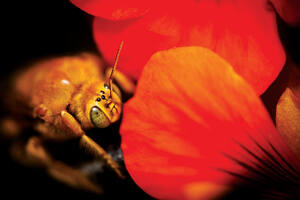
Winged production
Companies develop methods for breeding insects for pollination and pest control
By Evanildo da SilveiraHumanities
Archaeology

The peoples of Lagoa Santa
Human burial sites in Minas Gerais reveal a succession of customs from 10,000 to 8,000 years ago
By Maria Guimarães






